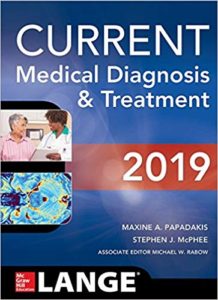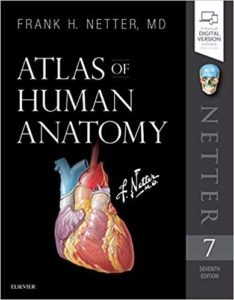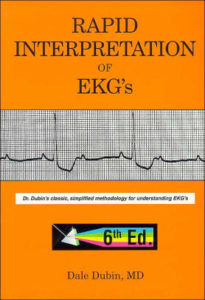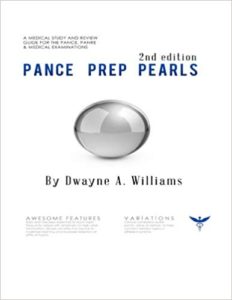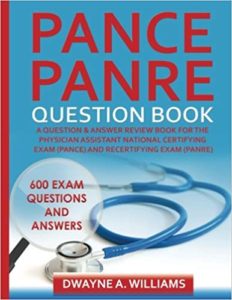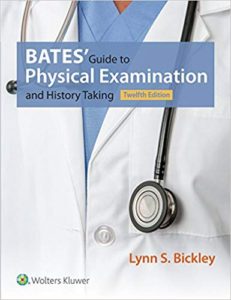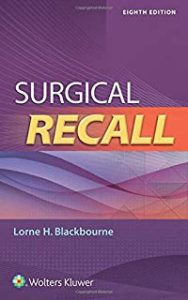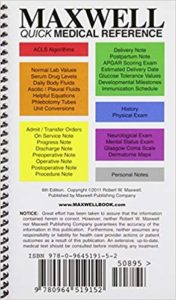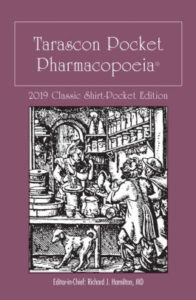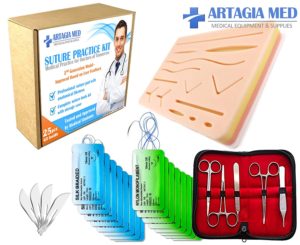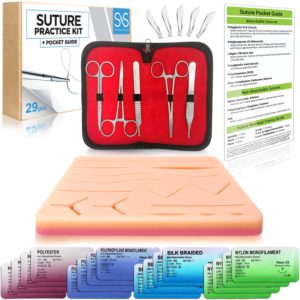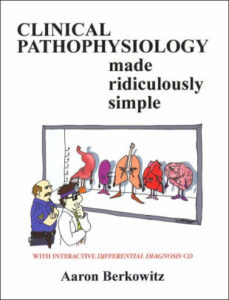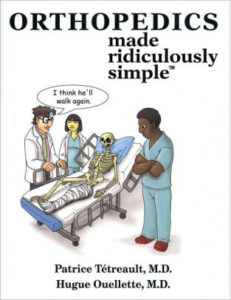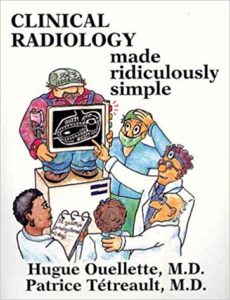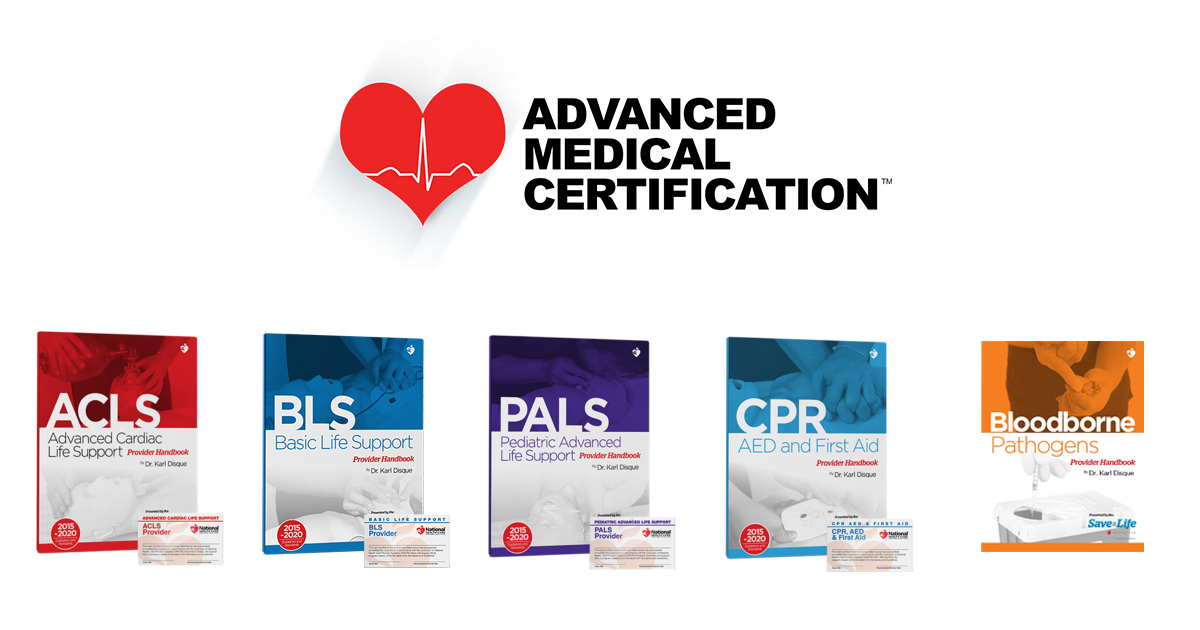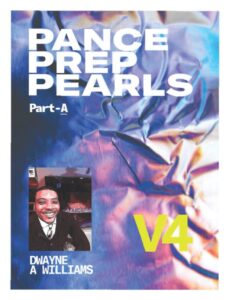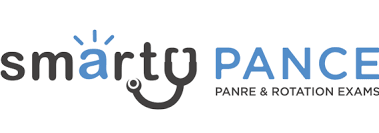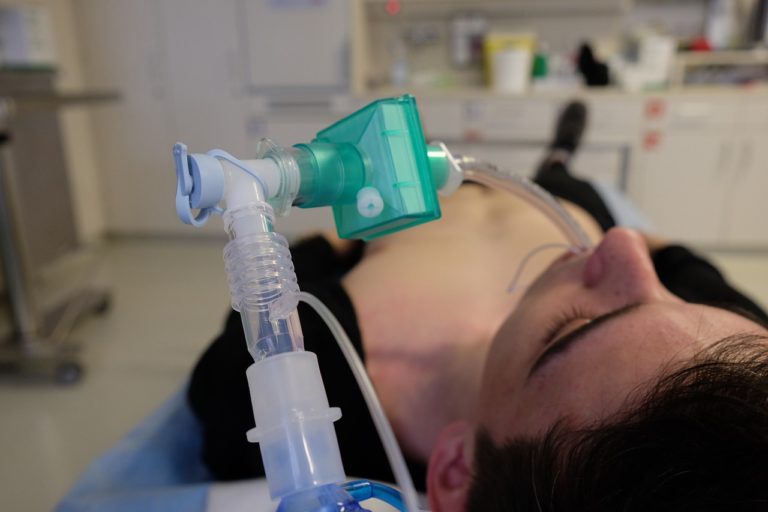
What Specialty Suits YOU?
Day in the Life of a Surgery PA
Part of my blog includes a section of introducing and interviewing physician assistants in various specialties to better understand their journey, experiences of being a PA, and what it’s like walking in their shoes for a day. Today I had the opportunity to interview a PA specializing in surgery. This is a special PA because I actually had the opportunity to be one of her students while working through my clinical rotations. Chiara Quaresimo, PA-C was a tremendous preceptor who was eager to teach and best prepare students, like me, for the real world. So let’s dive right in!
What was your background leading up to PA School?
“I went into PA School at 26 years old. I had approximately 19 jobs prior to school including everything from retail, manager of Starbucks, hotel branches, etc. It was not tailored to medicine at all. Then I decided to go into PA School when my mom, unfortunately, got cancer and one of the people she encountered was a PA. This one PA spent so much time with my mother explaining things, making my mom feel comfortable and probably one of the best experiences my mom had was with that PA at Sloan Kettering. So, after numerous times meeting this PA I was like ‘What do you do?’ At that point, I was sold.”
What was your first job out of school and how did you find it?
“My first job was listed as an orthopedic office job. However, once I started working there, I soon found out that it was only pain medicine and the sports medicine doctor came in once a month. I lasted there for about five months because I literally just wrote pain medicine scripts all day and had no job satisfaction. I found another orthopedic group via an online search and it was listed as a part-time orthopedic surgery job. I knew this was what I always wanted to get into because I was always into sports growing up, and usually in orthopedics offices constantly when I got hurt. So I went for an interview and I was told I could start soon and it turned out to be perfect because two weeks before I started the full-time PA gave his notice. So it ended up working out because I ended up working full time. “
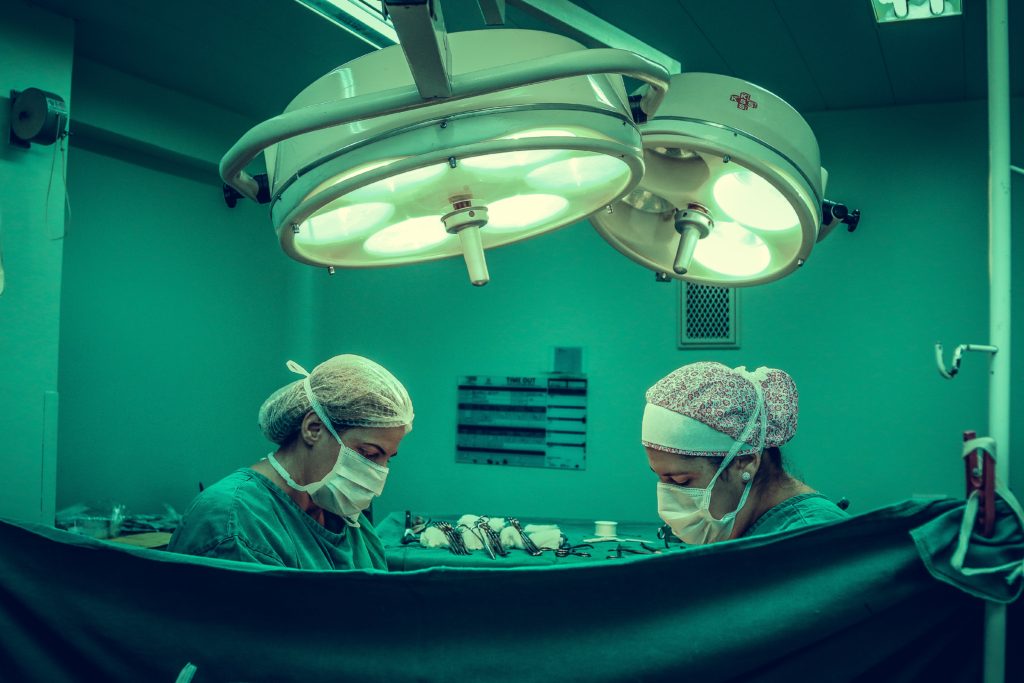
Why did you ultimately end up choosing surgery as your specialty?
“To be honest, I was really good at suturing. From the multiple times I had the opportunity in my emergency medicine and surgical rotation to suture, I knew I wanted to do procedures whenever I could. I love the suturing, I love the gore, I love all of it. Funny story actually, my second rotation during clinicals, I had seen a joint replacement from the door because I wasn’t even allowed in the room. And all I remember was all the blood on the floor, blood on the ceiling, the surgeon and assistants wearing suits and all I could think of was, I NEED TO DO THIS!”
What is your average day like as a surgical PA?
“For my orthopedic job, my day would start at 6:00 AM. I would round on three hospitals seeing patients and then I would be ready to operate by 7:30 AM in the hospital for joint replacements. Or it would be in the outpatient setting where I would be ready for outpatient knee and shoulder arthroscopies at that time as well. I loved it. I was getting paid salary, working long hours, but the rapport I had with these doctors was incredible and unforgettable. But, as I got older, those crazy long days were starting to take its toll because I wasn’t able to see my husband and family that much, so I had to make changes. But that’s what now brings me to the hospital. Yes, I get paid more. Yes, I have more vacation time, but I don’t know these doctors besides seeing them in the operating room. However, now working in the hospital, I am involved in more surgical cases because I am no longer strictly an orthopedic PA. I assist on cholecystectomies, appendectomies, lumpectomies, you name it. Most of the times they require a first assist. When I’m not in the operating room, I am on the floors rounding on patients, consulting doctors when needed, and inserting peripheral intravenous central catheters (P.I.C.C.) when necessary.”
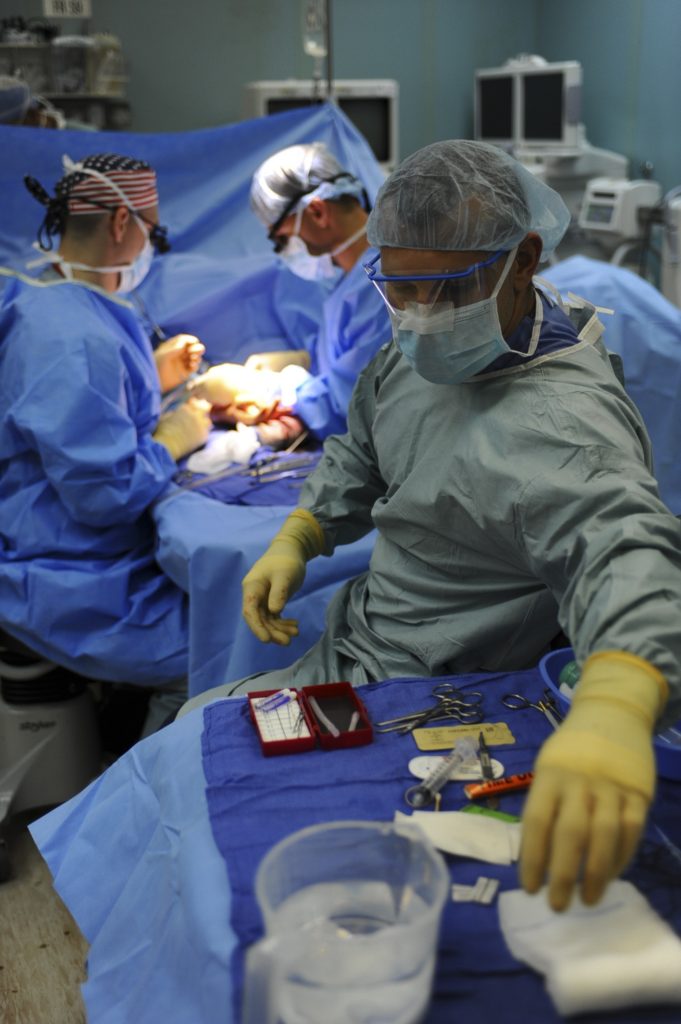
What makes a surgical PA position ultimately help maintain a good work-life balance?
“Well, to be honest, the vacation benefit in the hospital is a lot different than a private orthopedic practice. At the hospital where I work, you are required to complete six shifts in a two-week time frame. That being said, it doesn’t matter how you do it. So if you work with your coworkers, you can make it so you do six days in a row and take off the rest of the week and not use any vacation time. In my current job, I definitely think I have a great work-life balance because I am able to be present at home.”
What resources did you use when you were starting a career in surgery?
“Surgical Recall 100%. That is the best for surgery and surgical practice in general. With regards to boards review and while in school, I liked to use Davis’s PA Exam Review: Focused Review for the PANCE and PANRE. Right now I like to use Currents for clinical practice when I’m not using UpToDate and also Netters Anatomy when I started to best understand the anatomy of the new procedures I was doing in the hospital. “
The Ultimate Arsenal of Resources to Conquer PA School
As a preceptor, what is the best advice you can give students starting to prepare for their surgery rotation in order to succeed?
“What you put into this rotation is what you get out. You need to have the right attitude at the start. Also, the main thing you 100% need on your surgery rotation is Surgical Recall. That book should be bought and read prior to entering the rotation. Maxwell is also an outstanding resource needed for that rotation. With regards to starting and succeeding on a surgery rotation, students should have some type of fear coming in. Drop the arrogance, drop the entitlement, drop the excuses. The expectation going into that rotation is you will be working 12 hours a day and constantly learning through observation, questioning, or action. I have some students that are still not grasping how important writing a History and Physical (H&P) actually is, so I refer them back to Bates Guide to Physical Examination. Students should also understand etiquette in regards to the fact that you are not actually a PA yet. I had a student once that had some background in radiology who would correct others in the hospital and there was an instance where I sent him for a consult on a patient in the E.R. and he ended up calling the patient’s family because the patient was nonverbal. Please don’t do that and overstep your boundaries.”
What advice would give a new graduate looking to pursue a career in surgery?
“Know the specialty that you want, but be prepared to do all specialties. Be ready to work, no excuses. And know the office-based vs hospital-based benefits so you know what you need. You will make money as a PA, but make sure you have the right benefits, CME, vacation, malpractice package coming out of school. And don’t forget to pay off all your student loans as soon as possible!”


